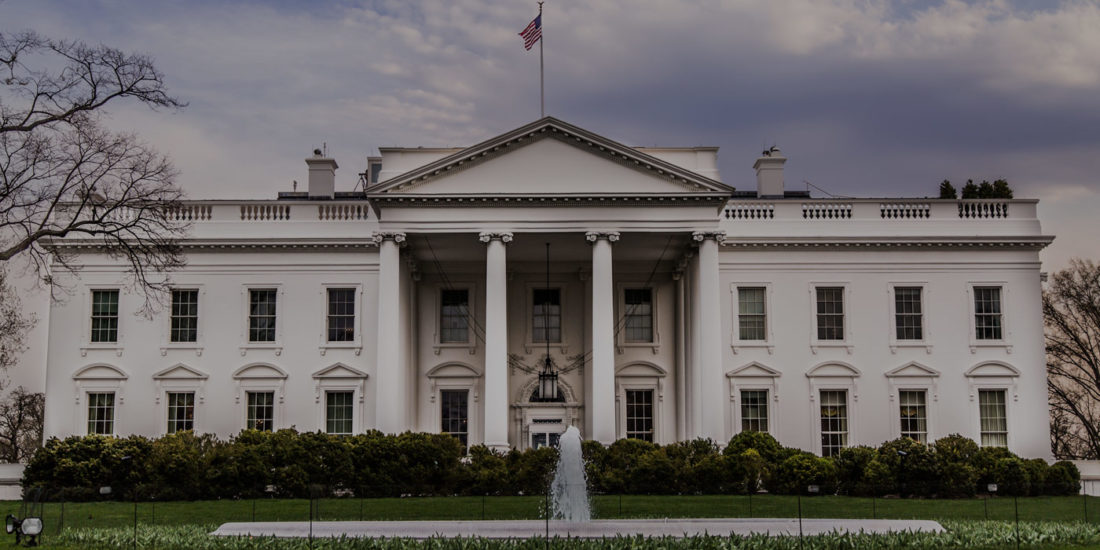Thanks to Patricia Soldano, founder of Policy and Taxation Group, for this week’s blog on the importance of family enterprises having a voice in promoting informed public policy conversations. See below for her comments.
Yours in Practice,
The Practitioner
It is increasingly important that legislators worldwide know what is important to family businesses — what helps or hurts them when it comes to operating their businesses across generations and creating the jobs that drive the world’s economies.
This year, perhaps more than in the past two decades, family businesses are at the forefront of many discussions — or they should be. In Washington DC, for example, legislation impacting multigenerational enterprises will happen faster than it has in many years — tax reform legislation in the US could happen as early as this month or next.
In any governmental system, information is key, and legislators who pass laws, some of which penalize family companies, need demographic and economic research that conveys the critical role that these business play in the overall economic structure. Moreover, it is important that public policy decisionmakers are aware of the issues that concern family businesses.
One example is the estate tax paid by families but not by public companies. While many countries, e.g., China, Mexico, Russia, New Zealand, Australia, India, Sweden and Canada, have repealed estate or inheritance taxes, the US has not. This data is important to legislators when they are considering what policies make the most sense for the family businesses in their region or country.
A second example is tax rates that favor corporations. In the US, corporations pay a lower rate of tax than family-owned businesses, many of which operate within a Sub S Corporation, Limited Liability Company, Limited Partnership or Sole Proprietorship. Considering that in the US alone, family companies generate 50% of the jobs, 64% of GDP and account for 61% of all privately-owned businesses, the impact of legislation on tax rates is substantial.
If one considers the global economy and how it is driven by family enterprises, practitioners in the field are well-served to consider the role of legislation and public policy as a driver in the success of multigenerational companies — along with succession planning, conflict resolution, good business practices and the many other topics they address with their clients.
For a related article on the public policy topic please read Is there any room for family business into European Union 2020 Strategy? Family business and regional public policy from The Journal of the Local Economy Policy Unit.
About the contributor
 Patricia M. Soldano is founder of Policy and Taxation Group and a board member of Family Enterprise USA (FEUSA), which conducts an annual survey of family businesses in the US, and delivers that information to government leaders, educators, and the public.
Patricia M. Soldano is founder of Policy and Taxation Group and a board member of Family Enterprise USA (FEUSA), which conducts an annual survey of family businesses in the US, and delivers that information to government leaders, educators, and the public.
Go here to participate in this year’s survey.
Go here for the results of the 2016 survey.




